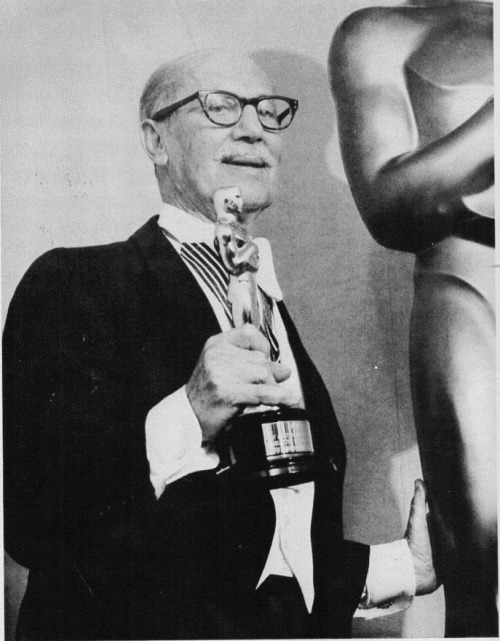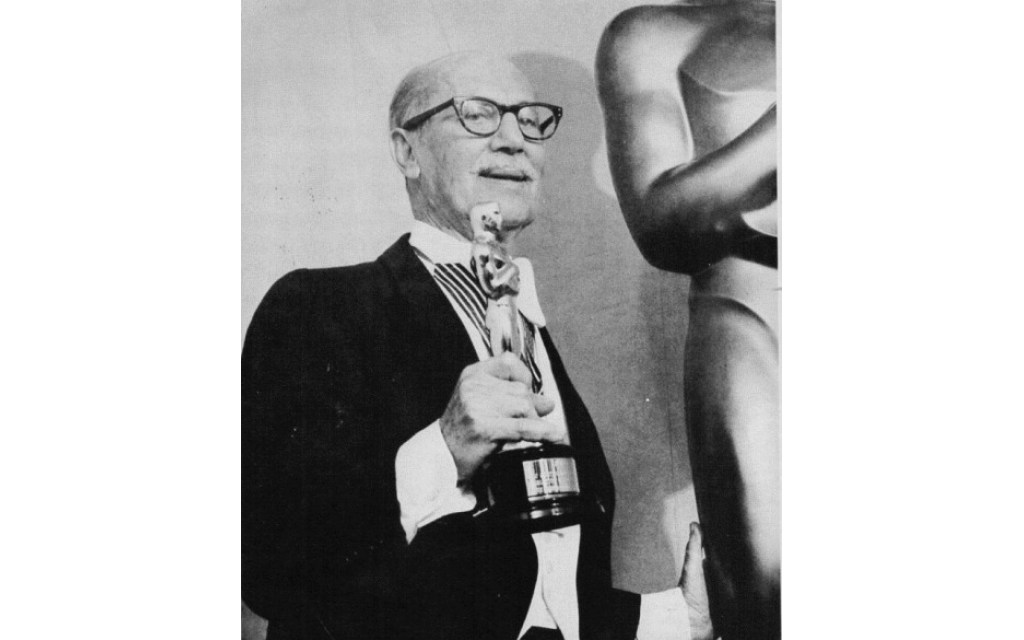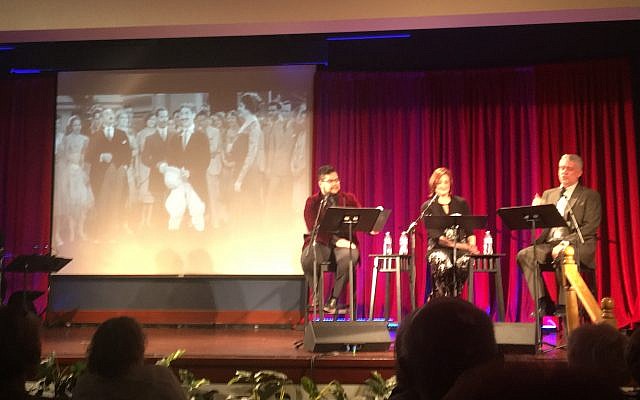Music of the Marx Brothers Shines at Breman
On Sunday, The Breman Museum presented a nostalgic visit back to that time, particularly in the 1920s and 1930s.
Most people who went to Marx Brothers films during the 1930s probably didn’t go for the music. But music was very much a part of their best films. On Sunday, The Breman Museum presented a nostalgic visit back to that time, particularly in the 1920s and 1930s when Harpo, Chico and Groucho were such an important part of the American entertainment landscape.
Several of their greatest hits were revived when the Molly Blank Concert Series at The Breman presented the Theatrical Outfit’s production of “The Music of the Marx Brothers: An Evening of Song and Comedy.”
The music was a reminder that, at their best, the Marx Brothers were capable of more than witty dialogue and snappy one-liners.
In songs such as “Hello, I Must Be Going” and “Hooray for Captain Spaulding” from their 1930 film, “Animal Crackers,” the lyrics were a fitting complement to the brothers’ ability to turn their movie sets into scenes of uproarious anarchy.

“I’m Against It” from “Horsefeathers” in 1932 and “Lydia, The Tatooed Lady,” composed by the famed team of Yip Harburg and Harold Arlen for “At The Circus” in 1939 were also part of Sunday’s performance. They are among the half-dozen or so numbers that most Marx Brothers fans can follow in an enthusiastic sing-along.
As they were described in the Breman performance, the individual stage personalities of the three Jewish Marx Brothers evolved slowly over time.
Harpo got so much negative feedback from his line delivery that he became a silent mime; Chico played the Italian bumpkin, although his Italian accent had as much Spanish and Yiddish in it as Italian. Blissfully ignorant of American social conventions, audiences delighted in people mangling English in creative ways in doubletalk,” which is where Groucho came in.
Groucho’s quick wit and way with words were largely responsible for the long and enduring impact he had on American comedy. After the Marx Brothers’ film career dimmed in the late 1940s and Harpo and Chico went into retirement, Groucho continued.
His quiz show, “You Bet Your Life,” ran for 14 seasons and was a top-rated NBC show on early television. Not only did Groucho gain a new audience, but the program’s toy duck, with a strong resemblance to Groucho, became a national institution. It came down from the ceiling with a prize in its mouth for the contestant who uttered the secret word each week, a vintage Marx Brothers touch.
Later, Groucho made a famed appearance on the music variety television show “Hollywood Palace” in 1965. There he was reunited with Margaret Dumont, the long-suffering foil for much of his antics on the screen. They restaged the Captain Spaulding number that the Breman highlighted in its Marx Brothers evening.

His intelligence, sharp observations about daily life and reputation as an elder statesman of screen comedy made him a frequent guest on late-night television. He wrote several best-sellers. Groucho also appeared in a series of live performances that was capped by a sold-out performance at Carnegie Hall in 1972. He received an honorary Academy Award in 1974.
But lovable as the Marx Brothers are and as clever as their music sometimes is, the songs lose considerable impact when they are removed from the context of the films from which they were taken. That’s particularly the case when they are performed in the familiar Blank concert series format of a staged reading without the benefit of costumes or sharp characterizations.
Although the trio of featured performers from the Theatrical Outfit gave a polished and professional reading of writer-director Adam Koplan’s well-researched script, nothing can replace the original performances.
The Breman auditorium came to life most often when the lights were dimmed and the Marx Brothers film clips flickered on the screen. The evening would have benefited from more of the big production numbers taken from those screen productions that helped to burnish their reputation.
But the audience for the Sunday performance was a happy and appreciative one and rose to its feet at the end to give the performers and musicians a standing ovation, a tribute as much to the inspired madness of the Marx Brothers and their legacy as it was for the evening’s capable performance.
Previously, the same creative team of Koplan and the Theatrical Outfit created a number of musical biographies for the Blank concert series. Their works about famed songwriter Harold Arlen, rock ’n’ roll composers Jerry Leiber and Mike Stoller, and Barbra Streisand’s favorite lyricists, Marilyn and Alan Bergman, were also part of the performances at The Breman.




comments